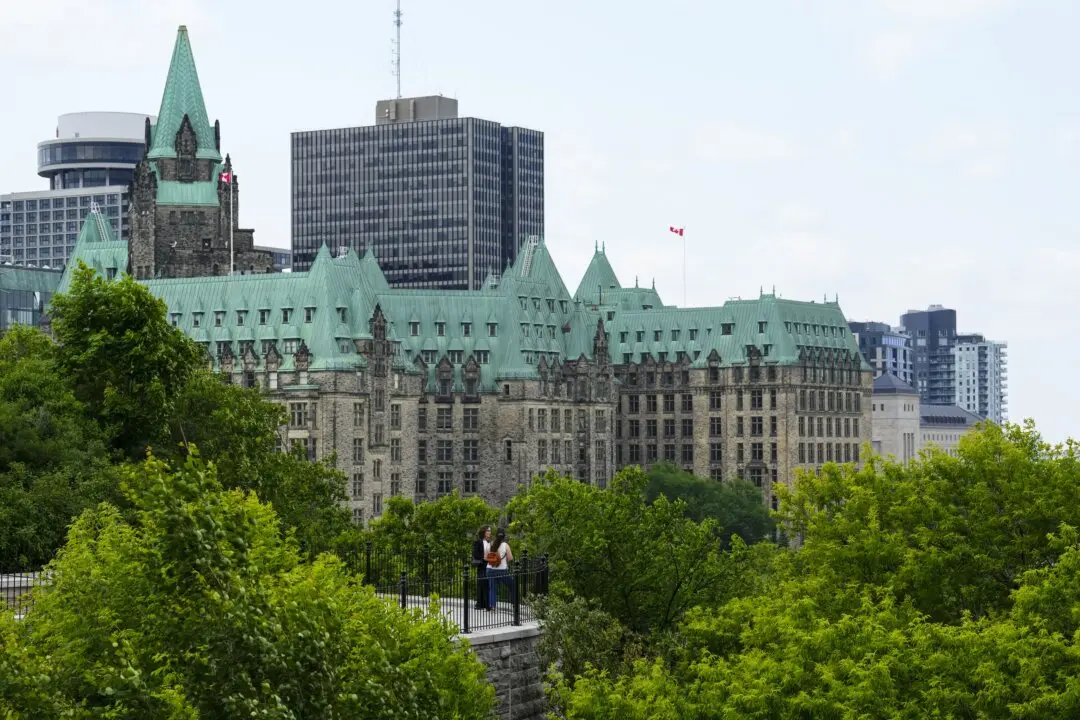Foreign nationals with temporary status in Canada will no longer be permitted to apply for a post-graduation work permit (PGWP) at the border, Canada’s immigration minister has announced.
Marc Miller said the decision to eliminate border applications for this type of permit would reduce “flagpoling,” a workaround method by which temporary residents can bypass long wait and processing times associated with online or paper applications.





